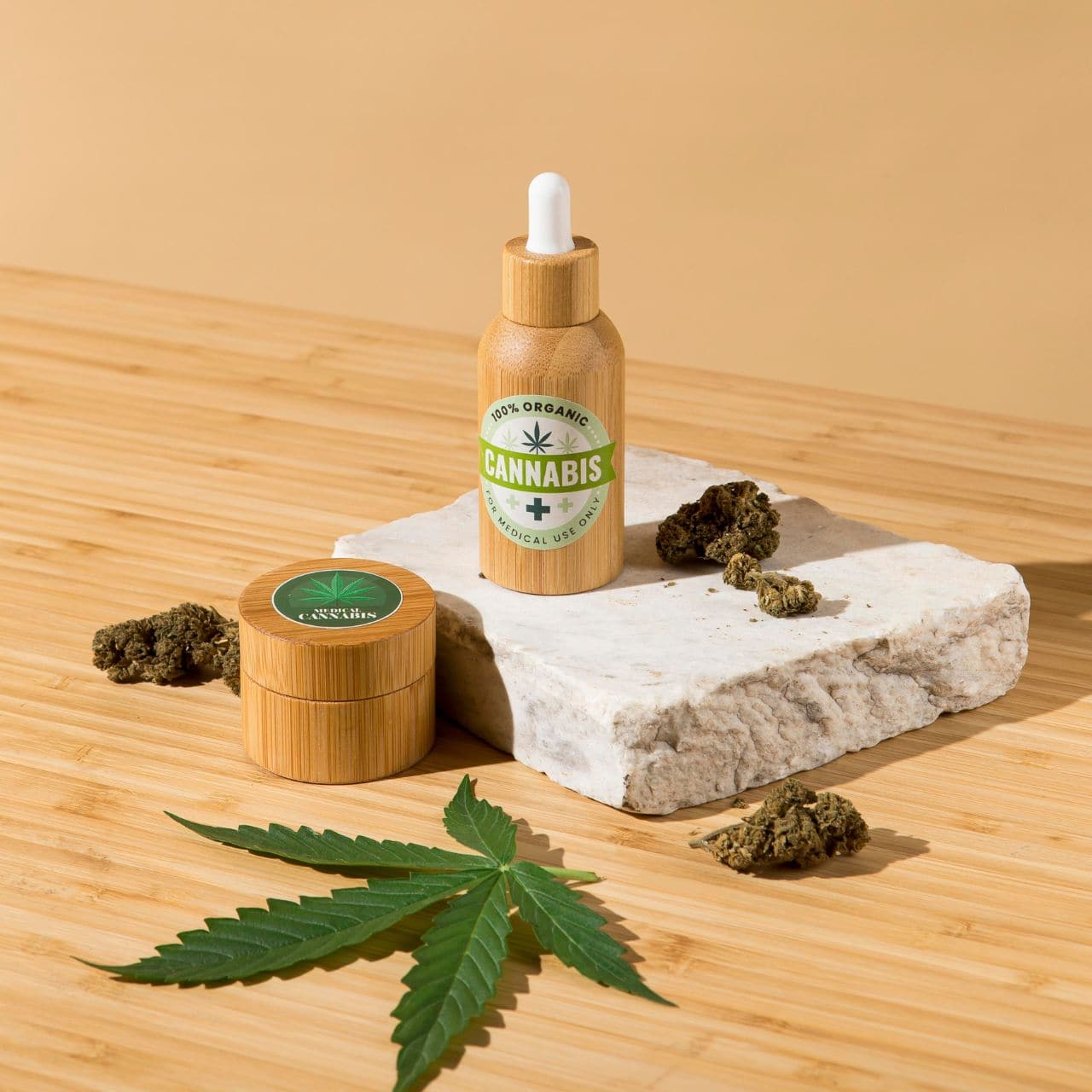
Is Delta-8 Legal in Maryland
Yes, Delta-8 products are legal in Maryland
 Legal
Legal

Yes, Delta-8 THC is legal in Maryland. The state allows for the sale and use of hemp-derived products, including those containing Delta-8 THC, provided they comply with federal regulations outlined in the 2018 Farm Bill. This means Delta-8 products must contain less than 0.3% Delta-9 THC to be considered legal under both federal and state law. However, it’s essential to stay updated on any changes in state regulations or laws regarding Delta-8 THC, as legal landscapes can change over time.
Delta-8 THC is a naturally occurring cannabinoid found in small amounts in the hemp plant. It is chemically similar to Delta-9 THC, the primary psychoactive component of cannabis, but is reported to produce milder psychoactive effects. Because of its potential therapeutic benefits, Delta-8 THC has been used by many for a variety of medical conditions. Users claim that Delta-8 THC is an effective pain reliever that can help reduce inflammation and pain. It has been demonstrated to be useful in lowering nausea and vomiting. Additionally, it has been reported that Delta-8 THC increases appetite.
Before purchasing Delta-8 in Maryland, always check the lab test results for each product to ensure accurate labeling and safety.
If you want to learn more about Delta-8 in general, check out our Delta-8 Resource Center.
Only people who are 21 and over can buy Delta-8 THC products in the state of Maryland.
Yes, smoking Delta-8 flower is legal in Maryland under the condition that it is hemp-derived and contains less than 0.3% Delta-9 THC. These criteria adhere to federal guidelines established in the 2018 Farm Bill and Maryland state regulations that govern the sale and usage of hemp-derived products.
Yes, in Maryland, Delta-8 products are subject to third-party testing. The state’s regulations require these products to be tested for potency, contaminants, and other quality assurances. This ensures that Delta-8 products comply with Maryland’s standards for safety and labeling, aligning with federal guidelines outlined in the 2018 Farm Bill. Testing typically covers aspects such as THC levels, pesticides, heavy metals, and residual solvents to guarantee consumer safety and product integrity. In any case, it is always recommended that you take the time to review these lab reports to ensure product safety and potency, regardless of legal requirements.











